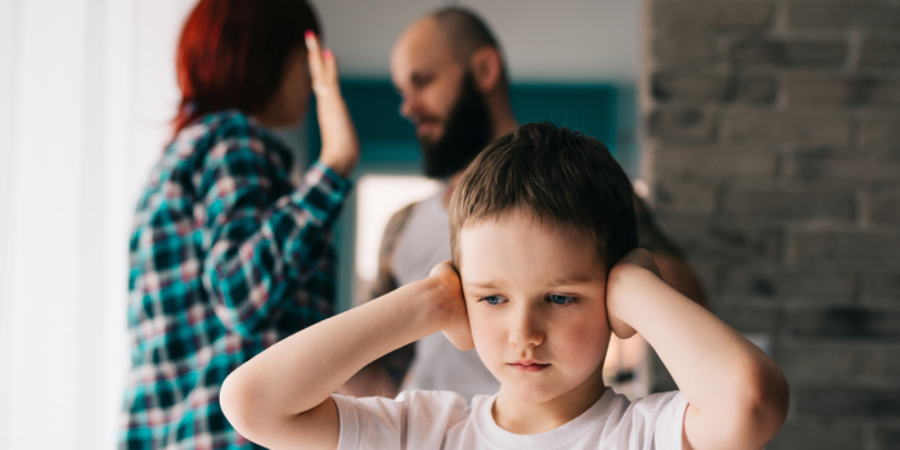

Divorce can be a turbulent experience for all involved, but its impact on children is particularly profound. As parents navigate the complexities of separation, children often face a range of emotional and psychological challenges that can affect their mental health and well-being

Children of divorced parents often go through a very trying time emotionally. Family relationships that are out of balance can cause bewilderment, insecurity, and depression. Dr. Sheryl Hausman is a psychologist who specializes in the mental health of children and adolescents. She says that putting kids in the center of arguments and the lack of communication between divorced parents can make kids feel worse. Youngsters may experience more stress and anxiety if they believe that they must keep their parents' relationship harmonious.

Divorce-related emotional strain might show itself as a variety of behavioral changes. Certain youngsters may retreat, while others may show signs of rage or disobedience. Academic performance may also be impacted by these behavioral changes. Research suggests that children of divorced parents frequently exhibit drops in academic achievement, most likely as a result of emotional disruptions and instability at home.

Getting used to living in two different homes is another big adjustment. Children who are frequently moved between their parents' homes may become uneasy due to the psychological and practical strain it causes. To lessen this stress, parents must establish a consistent and stable environment in each of their two homes. Reducing feelings of displacement in children can be achieved by ensuring that they feel comfortable and have their own space in both places.

It's crucial to give kids the right coping strategies and assistance. Children can better process their feelings when there is open conversation about the divorce and confirmation of the love and support of both parents. It might also be advantageous to teach kids to communicate their emotions and ask for assistance from dependable adults like therapists or counselors.

Divorce's long-term consequences on kids can differ greatly. While some kids adjust quite well over time, others could struggle with trust and forming relationships in their own lives for a long period. These results are highly influenced by the caliber of post-divorce parenting and the degree of parental conflict. Offspring who observe elevated levels of parental discord are at a higher risk of persistently facing emotional challenges.
In conclusion, divorce has a major negative influence on children's mental health, which shows up as a range of emotional, behavioral, and academic difficulties. Children may manage these transitions more skillfully, though, if their settings are stable, their parents are supportive, and they communicate openly. Helping them deal with the fallout from the divorce requires attending to their emotional needs and offering a secure environment in which they may communicate their emotions.
